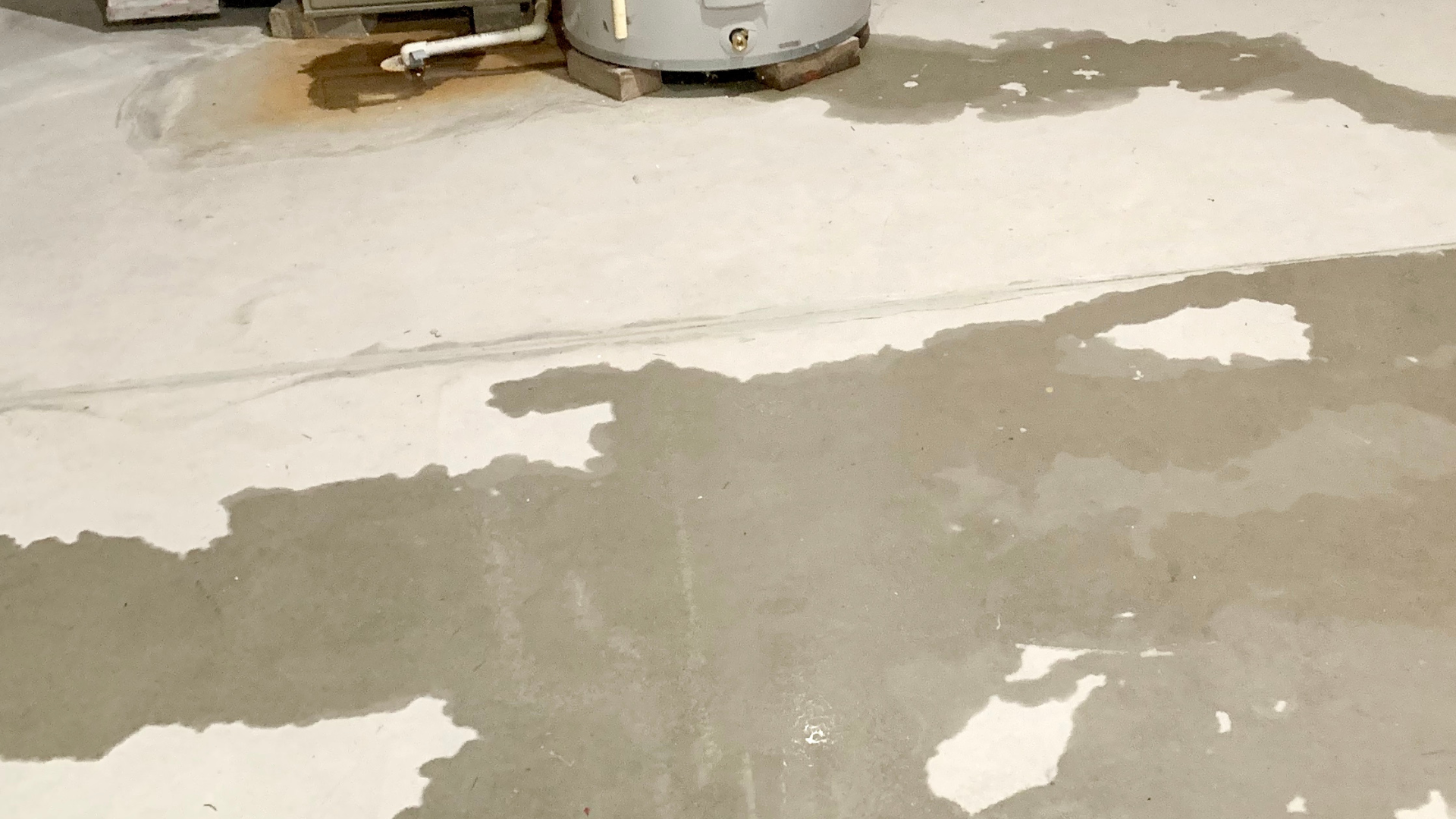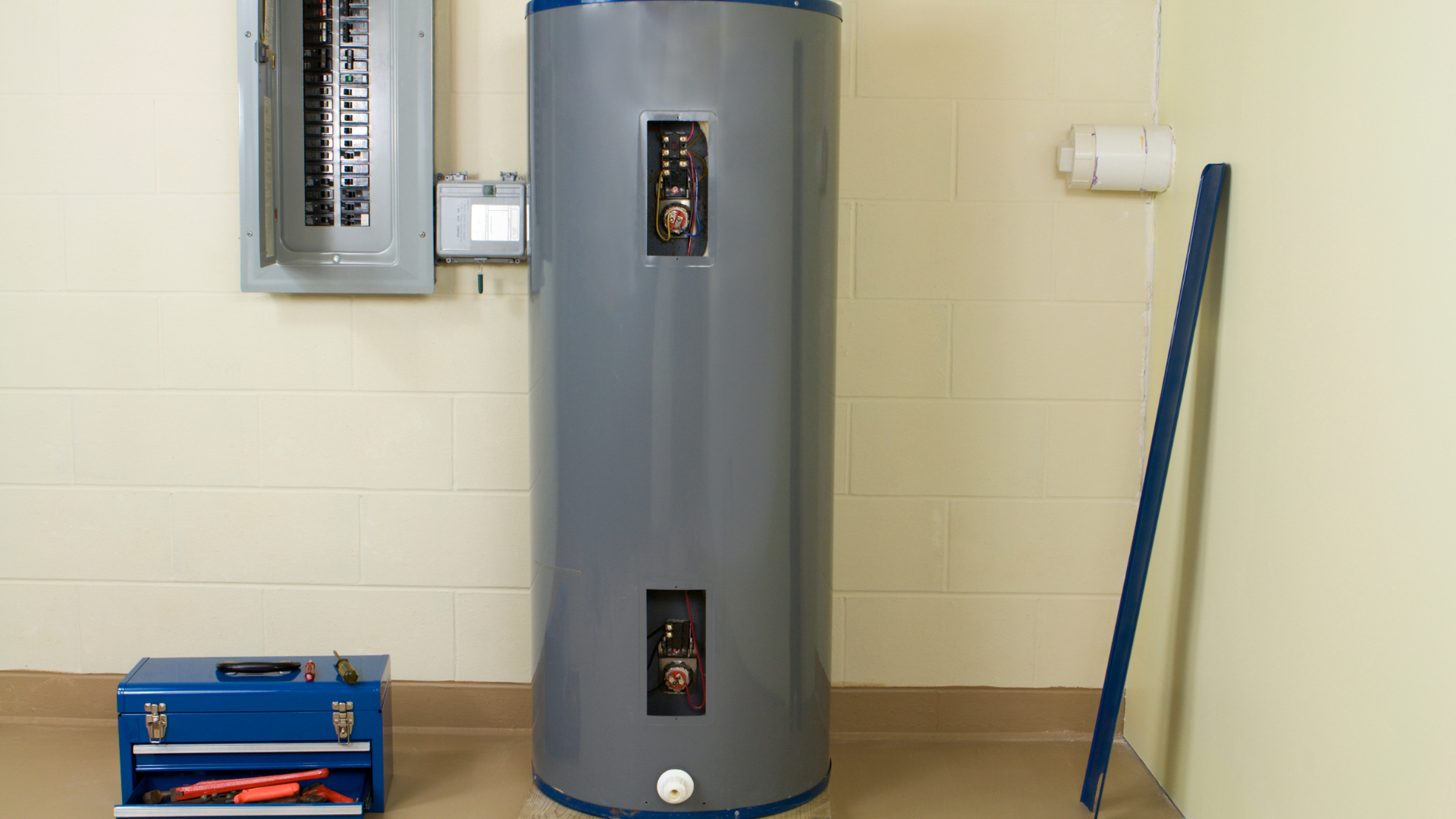Nevada
Navigating Home Services in the Silver State: Licensing, Sales Tax, and Verification in Nevada

For homeowners in Nevada, embarking on a home improvement project means understanding the state's robust contractor licensing laws and how sales tax applies. The "Silver State" prioritizes consumer protection through strict regulations for contractors, ensuring a higher standard of professionalism and accountability.
Licensing Requirements for Home Service Contractors in Nevada
Nevada has comprehensive licensing requirements for anyone performing construction or alteration work on buildings or other structures, especially for projects exceeding a certain monetary threshold. The Nevada State Contractors Board (NSCB) is the primary authority for licensing contractors.
- General Requirement: Any individual or business that "constructs or alters any building, highway, road, parking facility, railroad, excavation, or other structure" in Nevada requires a contractor's license if the total project value (including labor and materials) is $1,000 or more, or if the project requires a building permit.
- License Classifications: The NSCB issues licenses in various classifications (e.g., A - General Engineering, B - General Building, C - Specialty). Home improvement projects typically fall under Class B (General Building) or various Class C (Specialty) licenses, such as:
- B-2 Residential and Small Commercial: For general residential construction and remodeling.
- B-7 Residential Remodeling: Specifically for residential remodeling.
- C-15 Roofing and Siding: For roofing and siding contractors.
- C-18 Masonry: For masonry work.
- C-21 Refrigeration and Air Conditioning: For HVAC work.
- C-39 Installing Heaters: For heating system installations.
- And many more specialized classifications.
- Key Licensing Requirements: To obtain a Nevada contractor's license, applicants must meet stringent criteria, including:
- Experience: At least four years of experience at a journeyman level, as a foreman, supervisor, or contractor in the specific classification applied for, acquired within the last 10 years.
- Exams: Passing both a trade-specific examination and a business and law examination administered by PSI Services.
- Financial Responsibility: Demonstrating financial solvency, which may require submitting financial statements (audited or reviewed by a CPA for higher monetary limits).
- Bonding: Obtaining a surety bond, with the amount determined by the NSCB based on factors like experience, financial responsibility, and license classification (ranging from $1,000 to $500,000).
- Insurance: Providing proof of workers' compensation insurance if they have employees (or an affidavit of exemption if not). General liability insurance, while not strictly required for licensing, is highly recommended.
- Business Registration: Registering the business with the Nevada Secretary of State.
- Background Check: All applicants must undergo a criminal background check and fingerprinting.
Operating as a contractor without the appropriate Nevada license for projects exceeding $1,000 (or requiring a permit) is illegal and can result in severe penalties, including fines and potential criminal charges.
How Sales Tax Applies to Home Service Projects in Nevada
Nevada has a statewide sales tax rate of 6.85%, but local jurisdictions may add additional sales taxes, leading to combined rates that can vary. For example, the combined sales tax rate in Clark County (which includes Las Vegas) is 8.375%.
When it comes to home service projects, the application of sales tax in Nevada is generally as follows:
- Construction Contractors as Consumers: Nevada law generally considers construction contractors to be the consumers of the materials and equipment they use to complete work on real property. This means:
- Contractors pay sales tax to their suppliers when they purchase materials for a construction project.
- Contractors do not collect sales tax from their customers on the total contract price for real property improvements (i.e., the finished work, including labor). The sales tax on materials has already been paid by the contractor.
- Use Tax: If a contractor purchases materials from an out-of-state vendor who does not collect Nevada sales tax, the contractor is responsible for reporting and paying use tax on the purchase price of those materials to the Nevada Department of Taxation.
- Separate Sales of Tangible Personal Property: If a contractor also sells tangible personal property without installing or affixing it to real property (e.g., selling a new appliance directly without installing it), then they would need to register for a seller's permit and collect sales tax from the customer on those separate sales.
- Repair/Reconditioning/Installation Labor: Charges for repair, reconditioning, and installation labor are generally not taxable if these services are listed separately on the invoice. However, if these services are part of a larger contract to improve real property, the contractor would still pay tax on the materials used.
In essence, as a homeowner, you generally won't see a separate line item for sales tax on your contractor's invoice for a typical home improvement project, as the contractor has already accounted for the sales tax on their materials. However, it's always good practice to ask for clarity if you have questions about how sales tax is being handled.
How to Verify Licensing in Nevada
Verifying a home service contractor's license in Nevada is straightforward and highly recommended to ensure you're hiring a legitimate and qualified professional.
Nevada State Contractors Board (NSCB) License Search: This is the authoritative source for verifying contractor licenses in Nevada.
- Website: Go to the NSCB License Search portal: https://www.nvcontractorsboard.com/licensing/license-disciplinary-search/
- Search Options: You can search by:
- License Number: If the contractor provides it.
- Company Name: The name of their contracting business.
- Principal or Qualified Individual Name: The name of the person who holds the qualifying experience for the license.
- Information Provided: The search results will confirm if the license is active, its classification, any disciplinary actions against the license, and other relevant details.
Contact the Nevada State Contractors Board: If you have difficulty using the online search or need to verify specific details, you can contact the NSCB directly.
- Southern Nevada (Las Vegas): (702) 486-1100
- Northern Nevada (Reno): (775) 688-1141
Nevada Secretary of State Business Search: While the NSCB handles contractor licensing, you can also verify a business's registration status with the Secretary of State.
- Website: Visit the Nevada Secretary of State's SilverFlume business portal: https://www.nvsilverflume.gov/ (Look for a "Business Search" or "Entity Search" option).
- Search: Enter the business name to confirm its registration.
Always verify a contractor's license with the NSCB before signing any contracts or making payments. A licensed contractor is bonded and insured, offering a layer of protection for homeowners against potential issues.
Sources
- Nevada State Contractors Board (NSCB):
- Main Website: https://www.nvcontractorsboard.com/
- License Search: https://www.nvcontractorsboard.com/licensing/license-disciplinary-search/
- Licensing Information: https://www.nvcontractorsboard.com/licensing/
- Nevada Department of Taxation:
- Sales Tax & Use Tax FAQs: https://tax.nv.gov/faqs/sales-tax-faqs/
- Tax Bulletin SUT 14-0002 (Construction Contractors): https://tax.nv.gov/wp-content/uploads/2024/06/Construction_Contractors.pdf
- Nevada Secretary of State (SilverFlume): https://www.nvsilverflume.gov/
- ServiceTitan - Nevada Contractor License & Certification: https://www.servicetitan.com/licensing/contractor/nevada
- NEXT Insurance - Nevada General Contractor License and Insurance Requirements: https://www.nextinsurance.com/blog/nevada-general-contractor-license-and-insurance-requirements/
Click Another Article to Read More










